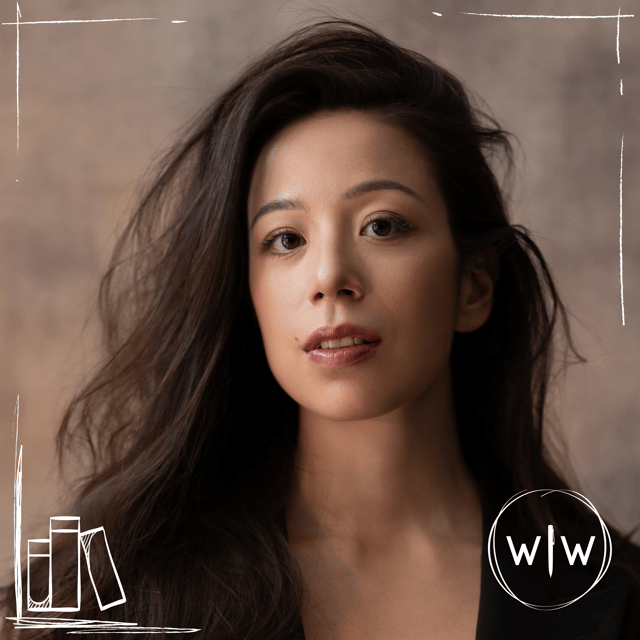

Historical and contemporary fiction author, Aube Rey Lescure is here to chat about her debut novel, “River East, River West”. She is also an essayist and Deputy Editor at ‘Off Assignment’ and has co-authored, translated and published books on economics and politics in China.
Listen early and ad-free on Patreon!
Support the show on Patreon, chat with Jamie and other guests on the Discord server and get all of the episodes ad free.
The Chosen Ones and Other Tropes
Jamie, Melissa and Noami talk about the best and the worst writing tropes!
Get a whole month with WriteMentor's Hub for free using the coupon code 'Write&Wrong'.
Click here to find all of our guests' books as well as the desert island library over at bookshop.org.
Click on this referral link to get 30% off your first three months with Zencastr.

Historical and contemporary fiction author, Aube Rey Lescure is here to chat about her debut novel, “River East, River West”. She is also an essayist and Deputy Editor at ‘Off Assignment’ and has co-authored, translated and published books on economics and politics in China.
Listen early and ad-free on Patreon!
Support the show on Patreon, chat with Jamie and other guests on the Discord server and get all of the episodes ad free.
The Chosen Ones and Other Tropes
Jamie, Melissa and Noami talk about the best and the worst writing tropes!
Get a whole month with WriteMentor's Hub for free using the coupon code 'Write&Wrong'.
Click here to find all of our guests' books as well as the desert island library over at bookshop.org.
Click on this referral link to get 30% off your first three months with Zencastr.




















